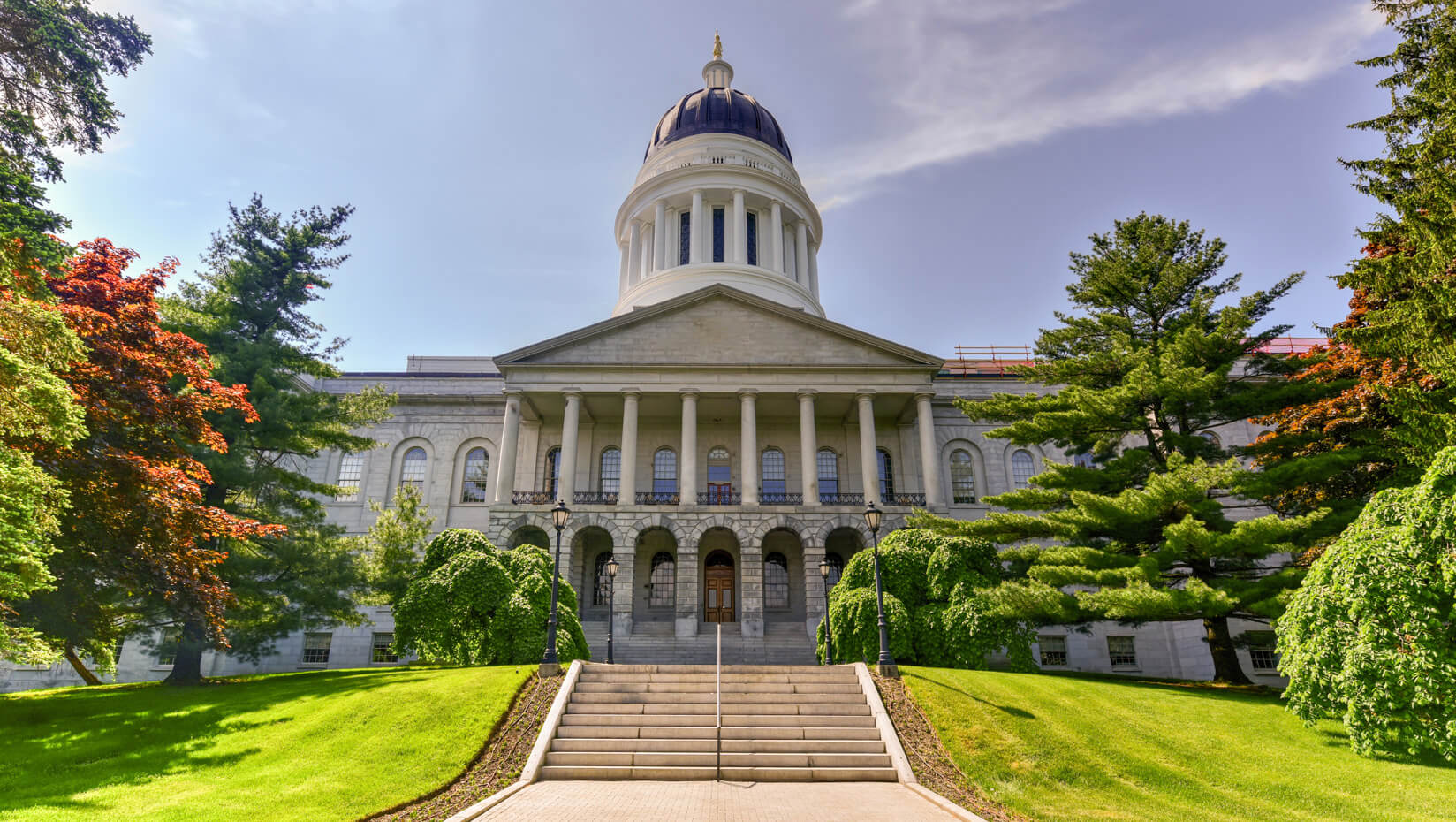
Numerous UMaine and UMM experts tapped for Maine Climate Council, a subcommittee and working groups
University of Maine professor Ivan Fernandez has been appointed to serve on the Maine Climate Council, and will serve as co-chair of the Science and Technical Subcommittee.
Numerous other experts from UMaine and University of Maine at Machias have been invited to serve on the Science and Technical Subcommittee, as well as working groups.
Climate Council members are department commissioners, state leaders, science and technical experts, business and nonprofit leaders, municipal leaders, a tribal representative, and a representative of Maine youth. It is co-chaired by Hannah Pingree, director of the Governor’s Office of Policy Innovation and the Future, and Jerry Reid, commissioner of the Department of Environmental Protection, according to a Sept. 19 news release from the Governor’s Office announcing the membership.
The Climate Council, proposed by Gov. Janet Mills in April and passed by the Legislature, is charged with “establishing strategies and initiatives to help the state meet its greenhouse gas reductions and renewable energy generation targets as it works to combat climate change, and to make sure our communities, industries and people are resilient to the changes our state is facing.”
Fernandez is a professor of soil science and Distinguished Maine Professor in the School of Forest Resources, Climate Change Institute, and School of Food and Agriculture. He is one of the authors of the “Maine’s Climate Future” reports published in 2009 and 2015. He also is the UMaine representative to the USDA Northeast Climate Hub.
Fernandez’s more than 30 years of internationally recognized research, rooted in the effects of acid rain and climate change in Maine, has informed national policy regarding air, water and soil pollution; climate change; and human-ecosystem connections.
Other UMaine and UMM experts invited to participate in the Science and Technical Subcommittee, according to the Governor’s Office of Policy Innovation and the Future: Sean Birkel, Maine State Climatologist and research assistant professor, Climate Change Institute; Bradfield Lyon, associate research professor, Climate Change Institute; Joseph Kelley, professor of marine geology; Robert Steneck, professor of marine sciences; Richard Wahle, research professor and director of the Lobster Institute; Brian Beal, UMM professor of marine ecology; Glen Koehler, associate scientist, UMaine Cooperative Extension; Richard Kersbergen, UMaine Extension professor; Adam Daigneault, assistant professor of forest, conservation, and recreation policy; Aaron Weiskittel, Irving Chair of Forest Ecosystem Management; and Jonathan Rubin, director of the Margaret Chase Smith Policy Center.
Rubin also has been invited to participate in the Transportation Working Group. Weiskittel and Hannah Carter, UMaine Extension dean, have been invited to participate in the Natural and Working Lands Working Group.
Heather Leslie, director of UMaine’s Darling Marine Center, has been invited to co-chair the Coastal and Marine Working Group, and David Townsend, professor of oceanography, and Kathleen Bell, professor of resource economics and policy, have been invited to participate.
Other working groups: Buildings, Housing and Infrastructure Working Group — Stephen Shaler, director of the School of Forest Resources; and Daniel Dixon, director of the Office of Sustainability. Energy Working Group — Jeffrey Thaler, visiting professor of energy policy, law and ethics. Community Resilience, Public Health and Emergency Management Working Group — Tora Johnson, UMM associate professor and director of the GIS Service Center; Esperanza Stancioff, professor and climate change lead for UMaine Extension and Maine Sea Grant; Katherine Glover, postdoctoral research associate with the Climate Change Institute; and Daniel Belknap, emeritus professor, School of Earth and Climate Sciences, and Climate Change Institute.
Contact: Margaret Nagle, 207.581.3745
